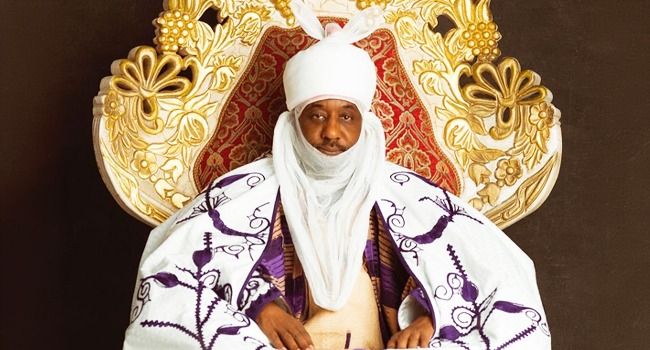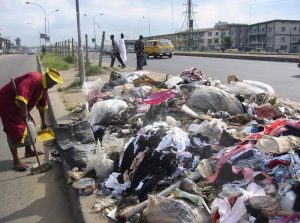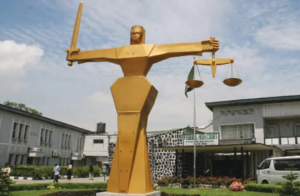
Sanusi Lamido Sanusi, the 14th Emir of Kano, Nigeria has been reinstated by Governor Abba Yusuf of Kano State.
The announcement was made amidst cheers at the Kano State Government House, following the governor’s signing of the Kano State Emirate Council (Repeal) Bill 2024 into law.
Sanusi, a former governor of the Central Bank of Nigeria, had been deposed in March 2020 by then-Governor Abdullahi Ganduje, who split the Kano Emirate into five separate emirates: Karaye, Bichi, Rano, Gaya, and Kano. This decision, which was based on the Kano State Emirates Council Law of 2019, was controversial and seen by many as politically motivated to weaken Sanusi’s influence.
Governor Yusuf’s new law repeals the 2019 legislation, dissolving the four additional emirate councils and restoring the Kano Emirate to its pre-2019 status. The governor emphasized that all appointments made under the 2019 law were voided, effectively leaving Sanusi as the sole Emir of Kano.
Background of Sanusi’s Deposition
Sanusi’s deposition came after years of tension with Governor Ganduje. The conflict began in 2017 when Sanusi criticized the state government’s financial management and accused it of corruption. This criticism led to a series of actions by Ganduje’s administration to curtail Sanusi’s powers, culminating in the creation of the new emirates and Sanusi’s eventual removal.
Sanusi challenged his removal and the creation of the new emirates in court, arguing that these moves were illegal and politically driven. Although the court initially upheld the legality of the new emirates, the political tide turned with the election of Governor Yusuf.
Political Implications and the Role of Kwankwaso
The 2023 governorship election, which brought Yusuf to power, was influenced by widespread dissatisfaction with Ganduje’s policies, including his treatment of the Kano Emirate. Yusuf’s victory, backed by the New Nigeria People’s Party (NNPP) and its leader, former Governor Rabiu Kwankwaso, was seen as a mandate to reverse many of Ganduje’s decisions.
Kwankwaso, a key political figure in Kano, had indicated that Yusuf’s administration would review the emirate’s division and Sanusi’s removal. This promise resonated with many Kano residents who viewed Sanusi as a victim of political machinations.
Historical Context and Reactions
The reversal of the emirate division is reminiscent of a similar event in the late 1970s and early 1980s. Governor Abubakar Rimi’s attempt to create new emirates met with significant opposition and was eventually undone by his successor, Sabo Bakin Zuwo, restoring the Kano Emirate to its original status.
Historians and traditionalists, such as Professor Nadir Nasidi from Ahmadu Bello University, had long opposed Ganduje’s creation of new emirates. They argued that Kano should remain unified under a single emir to maintain its cultural and historical integrity.
Sanusi’s reinstatement marks a significant shift in Kano’s political and traditional landscape. It underscores the enduring influence of traditional institutions and the complex interplay of politics and culture in Nigeria. With the support of Governor Yusuf and the NNPP, Sanusi returns to his throne, symbolizing a restoration of the historical Kano Emirate and a repudiation of the controversial policies of the previous administration.
This decision not only addresses the grievances of Sanusi’s supporters but also sets a precedent for the resilience of traditional authority in the face of political challenges. As Kano navigates this transition, the focus will likely be on ensuring stability and fostering development under the restored emirate structure.








